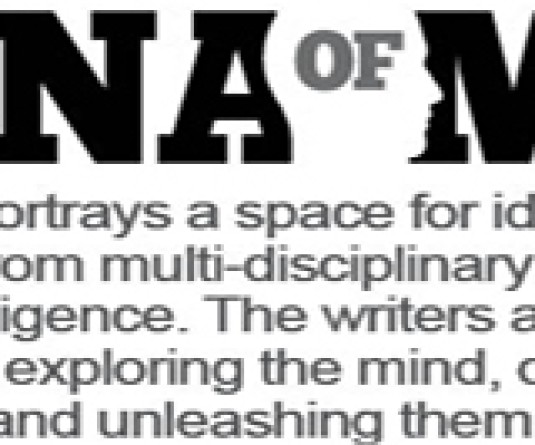
Tiamongla
Asst. Prof., Dept. of Education, St. Joseph’s College, Jakhama
Looking at the present scenario of education, many changes have taken place especially in the teaching-learning to assessment and evaluation, trying its best to bring out the most relevant and vibrant method by different shareholders in the educational system. One of the most influential is also the usage of ICT which includes technologies such as Radio, Television, Cellular phones, Computer, Laptop, Digital Camera, Video, Internet, Websites, CD-ROMs, DVDs, Application of Software such as Word Processing, Spreadsheet, Email, Digital Libraries, Computer Mediation Conferencing, Video Conferencing, Projectors etc. A judicious use of these together with new functions and roles of education personnel can bring about more efficient and effective teaching learning-process. National Curriculum Framework (2005) emphasized the judicious use of technology to increase the reach of educational programmes, facilitate management of the system as well as address specific learning needs and requirement.
In the education fraternity ICT contributes immensely as it empowers the teachers as well as the learners. The teachers as well as the students seek for more information or knowledge by using ICT. It has become an effective medium to make teaching-learning process as learner-centric by constructivist learning model. UNESCO (2009) has rightly stated that demand for higher education cannot be met in the developed and developing world without distance or virtual modes of learning which is facilitated by Information and Communication Technology. Manitoba’s Literacy with ICT (LwICT) model encourages “infusion” of ICT in teachers` instruction and in students` learning, whereby ICT are not the focus of learning but rather are supportive of critical, creative, and ethical thinking. The Human Resource Development Ministry has launched its Massive Open Online Courses (MOOC) platform ‘SWAYAM’ that will host over 2,000 courses for up to 30 million students across the country. ‘SWAYAM’ or Study Webs of Active-Learning for Young Aspiring Minds Programme of Human Resource Development is an instrument for self-actualization providing opportunities for a life-long learning. Here learners can choose courses and these shall be offered by best of the teachers in India and elsewhere. It presents a unique educational opportunity to expand the horizons of knowledge.
ICT enhances the learning objectives and extends the communication beyond text book sharing ideas and information with others. It stimulates learners to acquire quality research through team work, time management, adaptability, analytical thinking, global consciousness, basic communication, problem solving and guided instruction. It has become a necessity to keep pace with the digital world. ICT is very resourceful in education yet there is also a threat which can distort the rapport in the teaching-learning. The skill of reading and critical thinking will go down and spelling will no longer be tested as everything is auto corrected. However, not all the information are reliable as they are open to abuse in the form of email spam, hacking, spreading viruses on a network etc. The problem of plagiarism can also occur where students as well as the teachers may tend to copy the information from ICT and pass it off as their own for their assignment, home work, projects etc. When it comes to technology in education, it is just how easy it has become for students to cheat too, they are able to simply search an answer to a question and instantly find the answer without their mental efforts. So it is important that one knows how to handle them in an effective way as the system become more and more complex, failure of which will lead to distraction and poor quality in education.
However, a report given by Balanskat, 2006 states, “86% of teachers in Europe state that pupils are more motivated and attentive when computers and Internet are used in class. ICT has a strong motivational effect and positive effects on behaviour, communication and process skills.
Utilizing technology properly in teaching-learning process gives the teacher and the students a platform and an opportunity to really get into the subject that they are discussing and thus open a way to interpret visually what the teacher wants to convey to his or her students. Technology, one of the most valuable tools, is available to all in this present generation, and it is constantly improving to make things happen easier. Having access to information technology also broadens the minds of the students and it helps to expose them to things outside of their own knowledge and opinions. ICT facilitates and enhances lifelong learning and thus, it is a means, not an end in education.
“Technology will never replace great teachers, but technology in the hands of great teachers is transformational”- George Couros






